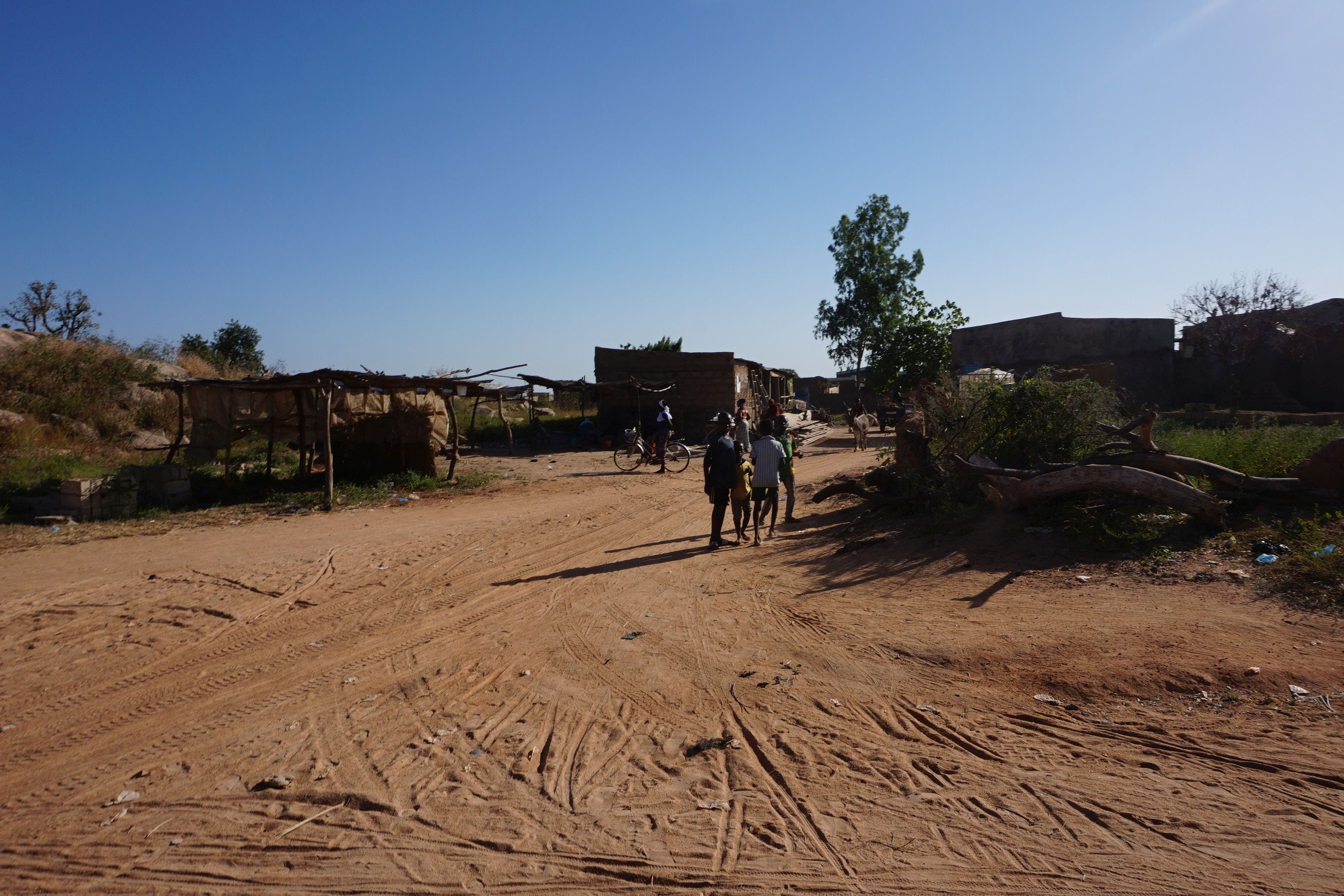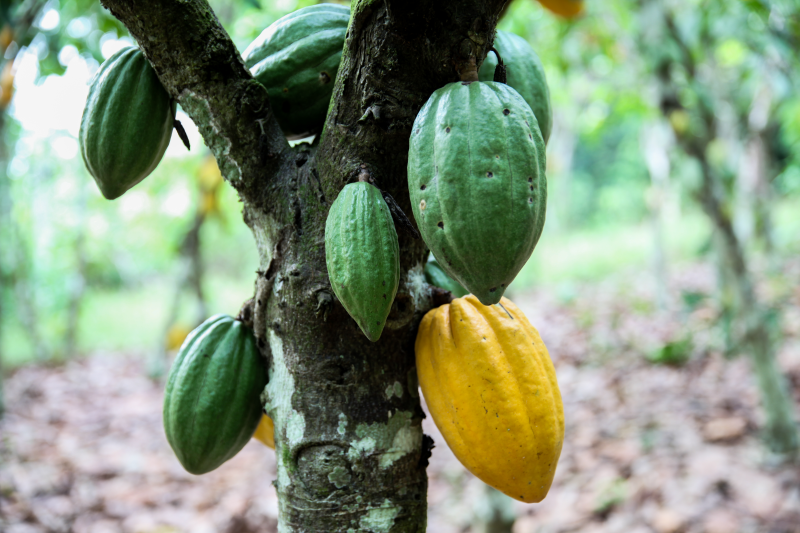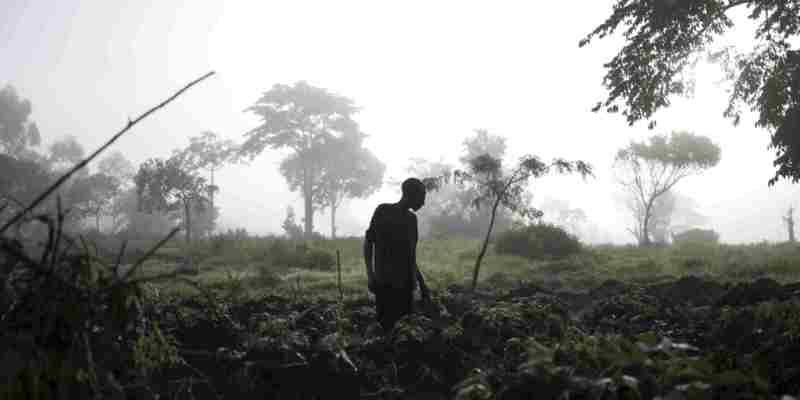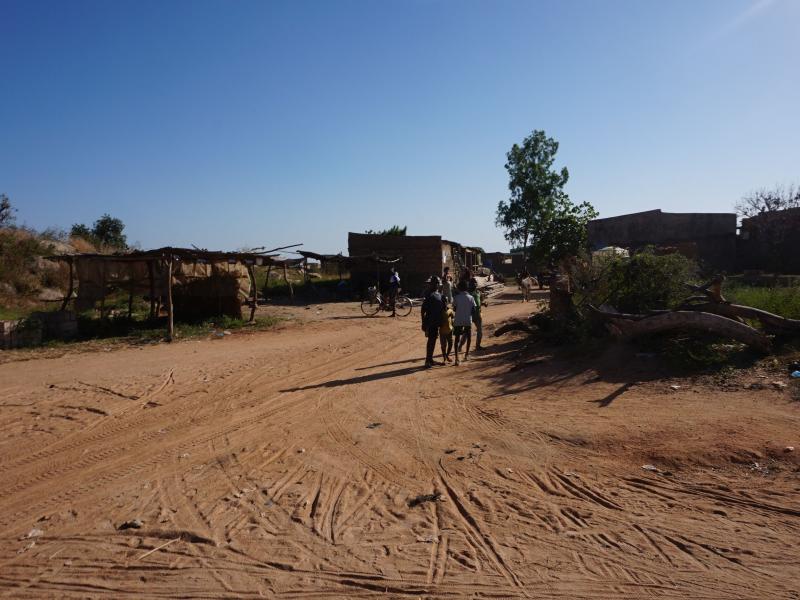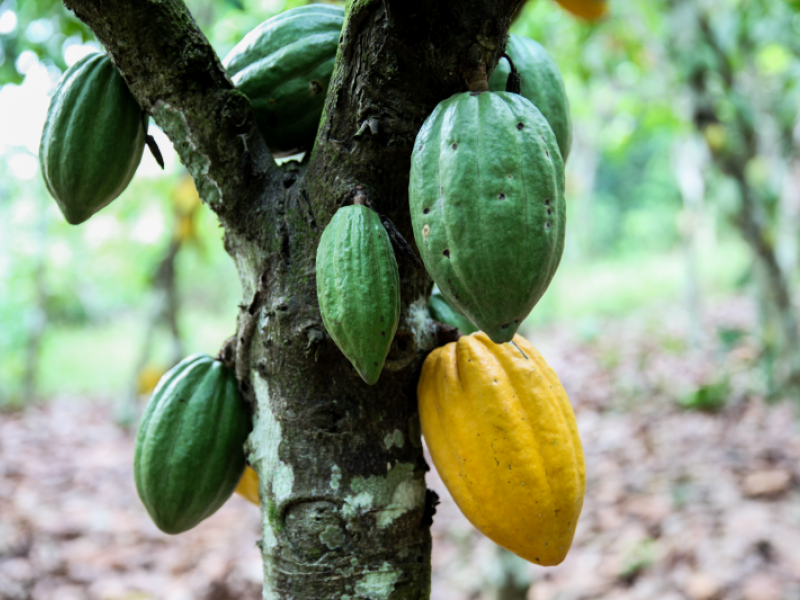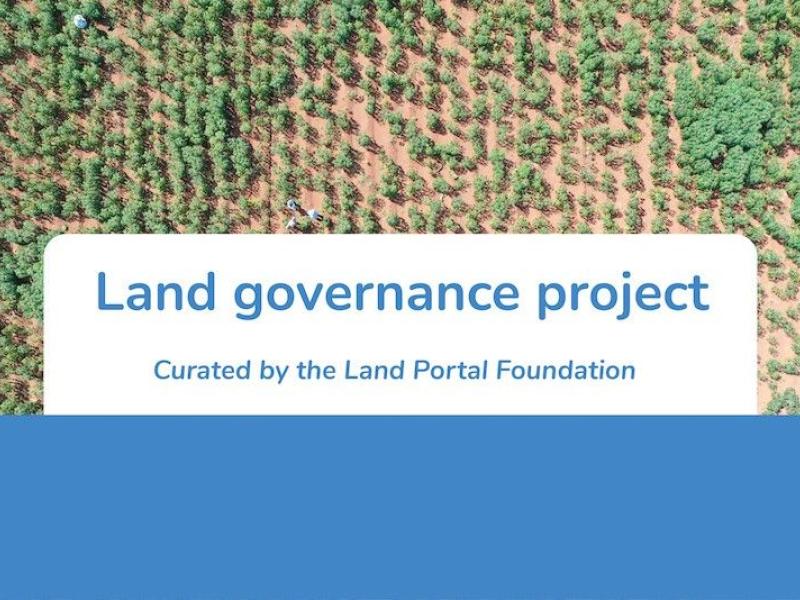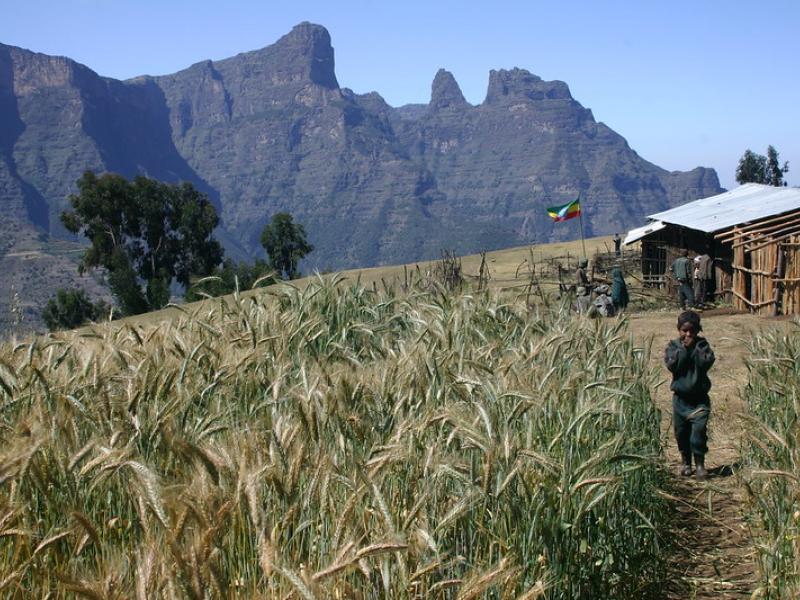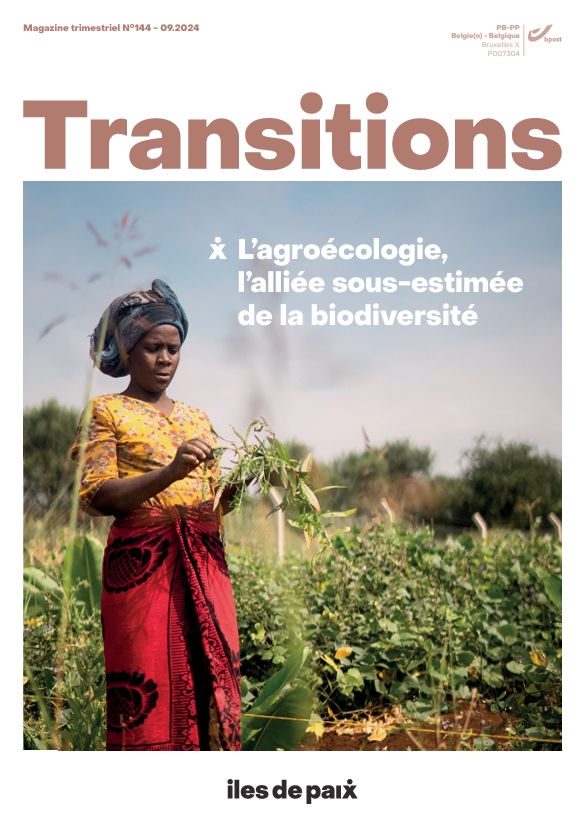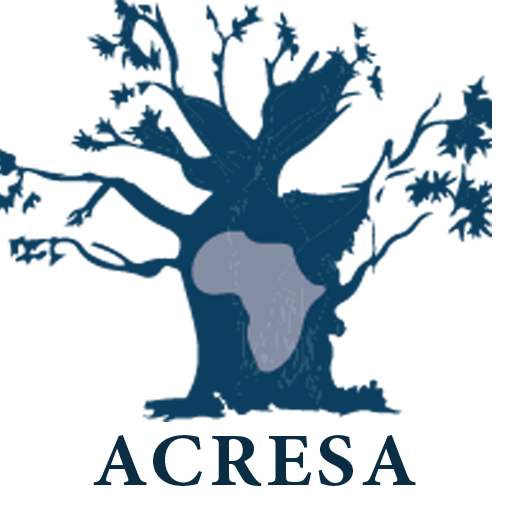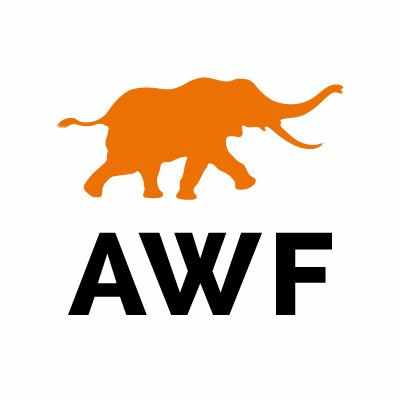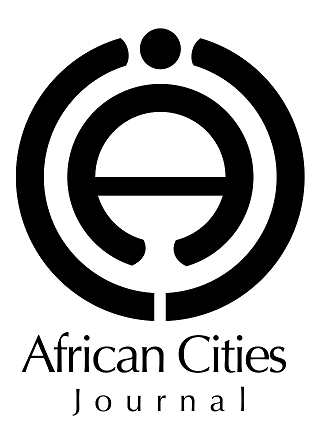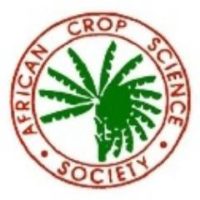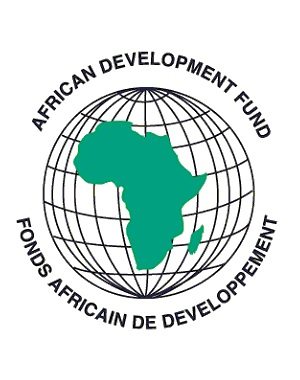Afrique
NewsBrowse all
11 Octobre 2024
La Revue africaine des politiques foncières et des sciences géospatiales (AJLP&GS) a le plaisir d'annoncer un appel à contributions pour un numéro spécial sur la » Sensibilisation des femmes à leur rôle dans la gouvernance foncière en Afrique. » Ce numéro spécial, dont la publication est prévue…
17 Septembre 2024
L'Académie des maires arabes est ravie de présenter la prochaine session de sa série de webinaires en cours, « Construire des économies locales résilientes et une gestion durable des terres pour un avenir urbain productif ». L'événement est conçu pour les dirigeants municipaux, les maires, les…
16 Septembre 2024
Le dernier numéro (juillet-août) de la revue Futuribles a publié deux articles sur la forêt, dont celui d’Alain Karsenty intitulé « Déforestation et commerce international – La ‘déforestation importée’, source de controverses diplomatiques ». Dans cet article (dont vous trouverez une version non…
BlogsBrowse all
16 Novembre 2023
Dans cet artcle, nous passons en revue la littérature et les expériences sur les réformes foncières en Afrique, et en particulier sur la formalisation des terres, afin de répondre à la question suivante : ont-elles tenu leurs promesses en matière de sécurité foncière, de productivité agricole et d…
EventsBrowse all
Date: 5 avril 2018
Source: Uneca.org
Contexte
Les pays d’Afrique font d’ores et déjà l’expérience de l’impact catastrophique de la variabilité et du changement climatiques de nombreuses façons interdépendantes dans la plupart des secteurs de leur économie – notamment l’agriculture, l’énergie, les…
LibraryBrowse all




